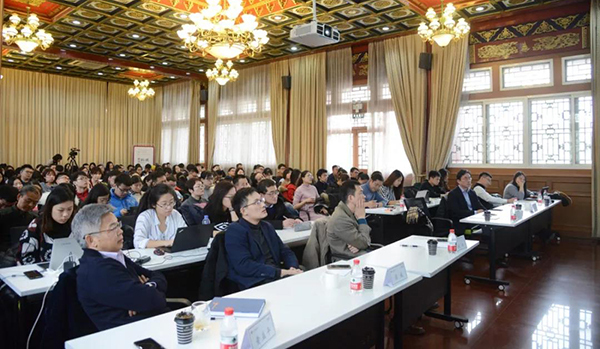
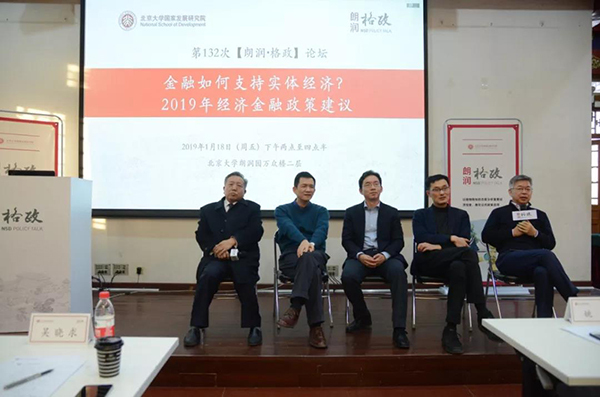
The 132nd NSD Policy Talk was successfully held at Langrun Garden at Peking University on the afternoon of January 18th, 2019, by the National School of Development, Peking University. Five experts, Wu Xiaoqiu, Vice President of Renmin University of China, Professor Yao Yang, Dean of the Peking University National School of Development, Dr. Xu Gao, Chief Economist of Everbright Securities Asset Management Corporation, Dr. Zhang Bin, Senior Research Fellow of the China Finance 40 Forum, and Professor Huang Yiping, Deputy Dean of the National School of Development and Director of the Institute of Digital Finance at Peking University, conducted in-depth discussions surrounding the policy of deleveraging and measures to rectify shadow banking, analyzed the gains and losses from financial policies in recent years, and proposed policy recommendations on how the financial sector can support the real economy.
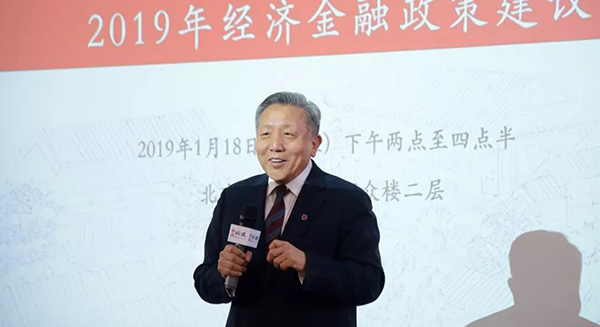
Vice President Wu Xiaoqiu pointed out that financial disintermediation and new financial industries were major trends in financial development, and that without a good grasp of these patterns of development, some regulators have made financing difficult for private enterprises by attempting to cut off off-balance-sheet activities of banks through active regulation. Vice President Wu suggested that financial regulators respect the development patterns of financial markets, value the role of technology and continue to support the development of financial innovation.
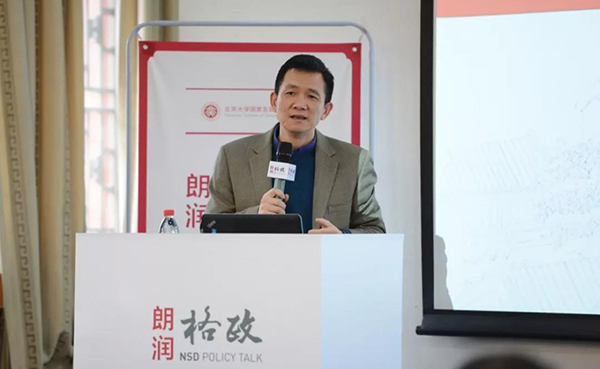
Professor Yao Yang believes that one of the main reasons for the economic downturn in the previous year was due to excessive leveraging. The new regulations on asset management have led to a significant reduction in market liquidity, and at the same time, central bank policies have been poorly transmitted. To alleviate the problem, it is necessary to adopt financial measures in the short term, such as through the central bank buying off equities and debts directly from some of the enterprises facing difficulties to inject liquidity into the economy. In the long term, it is necessary to reflect on the new policies on asset management, as well as the bank credit system.
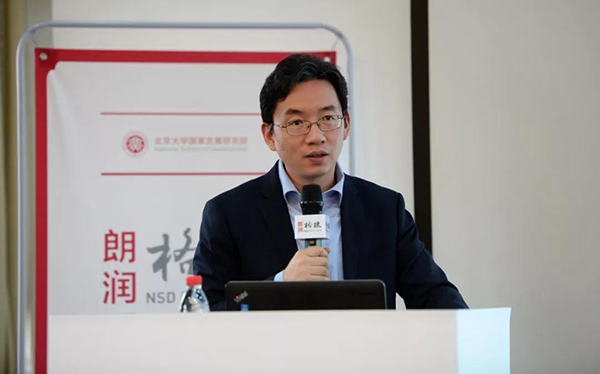
Dr. Xu Gao pointed out that the rise of domestic debt levels in China in the post-crisis era has its rationality. The excessively severe policy of deleveraging in the past two years has created difficulties in financing the real economy and brought significant downward pressure on economic growth. Dr. Xu suggested shifting from a policy of deleveraging to “stable leveraging”, to make passage for the transmission of the monetary policy and to eliminate the difficulties in financing the real economy, through relaxing the policy of deleveraging.
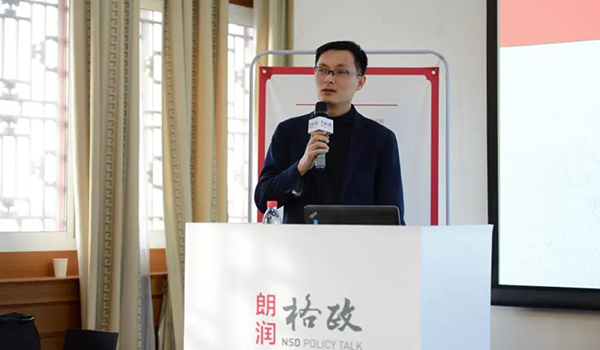
Dr. Zhang Bin believes that the Chinese economy cooled since 2012 because of insufficient effective demand, where the reason for the shortage was that the proportion of demand-side service industries increased but the supply side did not keep up. Dr. Zhang stressed the following: firstly, policies of economic stimulus should not be stigmatized, as stimulating policies possess their own significance as economic stabilizers; and secondly, China still has large volumes of financing needs for investments in public welfare and quasi-public welfare infrastructure, and the financial sector should step up to the responsibility.
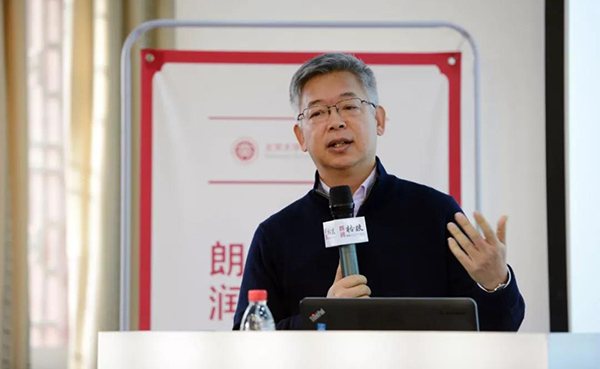
Professor Huang Yiping pointed out that the negative effects of financial repression have gradually emerged, and that the investment or financing needs of all three sectors of households, enterprises and local governments have not been met. Professor Huang put forth five suggestions: first, to end the reform policy of the “dual track system”; second, to promote market-oriented pricing and allocation; third, to encourage innovation in various financial models under conditions of controlled risk; fourth, to embrace new technology; and fifth, to enact reforms on financial regulation and strengthen policy coordination.
At the last part of the forum, the five experts conducted in-depth dialogue with the audience on various issues, such as the situation of leveraging on the private sector, reasons for the poor transmission of the monetary policy, and how the multi-level capital market can serve the financing needs of private enterprises.
